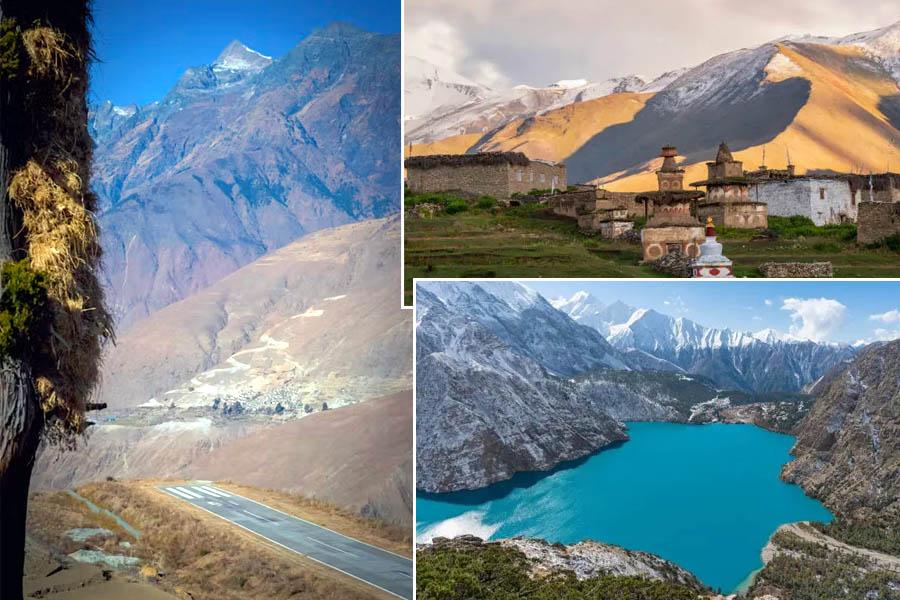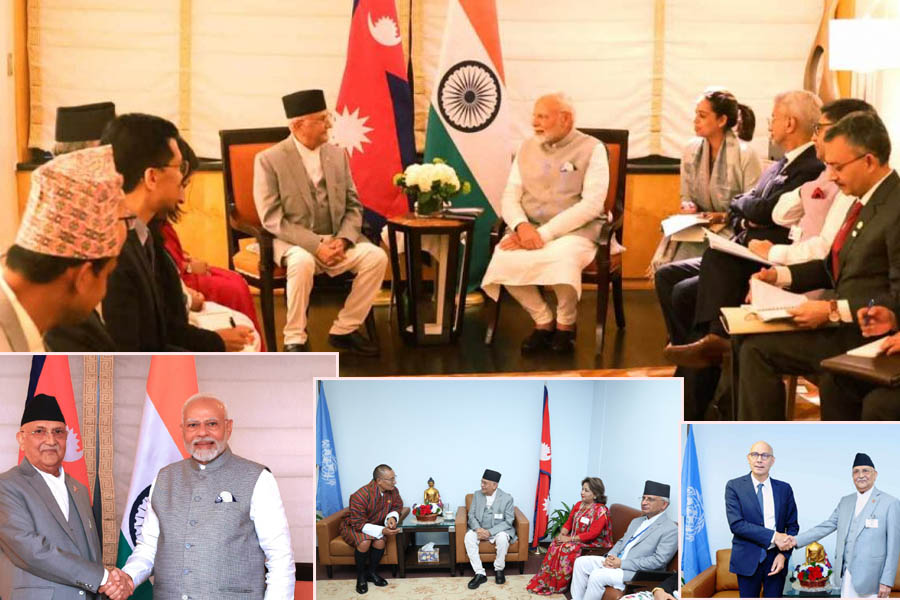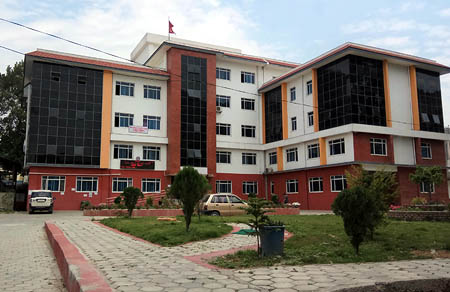
Karnali Province, the least developed yet most promising region of Nepal, stands at a unique crossroads. With its immense natural resources, tourism potential, and untapped investment opportunities, it’s an emerging land of gold waiting for visionary investors. Whether you’re a Nepalese entrepreneur or an international investor, now is the best time to tap into Karnali’s underdeveloped yet vast potential for economic growth and social upliftment.
A Look at the Current Fiscal Landscape
The Karnali provincial government has faced annual criticism for its inability to fully utilize its allocated budget. With a development spending rate that hovered at only 62.36% in the last fiscal year, inefficiencies in budget management and structural issues continue to plague the province. Reasons such as difficult geography, frequent fund transfers, and project delays due to snowfall are often cited as challenges to proper budget utilization.
However, for private investors, this means that government development is slow but ripe for private and foreign investment. The opportunity to shape a new, prosperous Karnali has never been clearer. With the right investments in infrastructure, hydropower, tourism, medicinal herbs, and agriculture, this province could unlock vast wealth not only for itself but also for those who invest early.
Changing the Narrative: Karnali’s Untapped Potential
Karnali is known for its rugged beauty and geographical challenges, but beneath these mountains and hills lies a treasure trove of resources and opportunities. With stunning lakes like Rara, Shey-Phoksundo, and Tilicho, sacred pilgrimages to Mount Kailash and Mansarovar, and a rich culture of traditional festivals, Karnali is the tourism industry’s next big frontier. Yet, despite its promise, large-scale investment has been minimal, and development has been slow to take off.
Professor Dr. Arjun Aidi of Mid-Western University believes that a lack of skilled manpower, investment, and leadership is the root cause of Karnali’s developmental delays. “Karnali has resources, but it needs proper workforce and investment to exploit its full potential,” he emphasizes. Local industries like apple farming, tourism, and medicinal herbs need nurturing, and that requires both technical expertise and capital injection.
Key Sectors for Investment: Why Now is the Time
Hydropower:
Karnali is blessed with an abundance of rivers, including the mighty Karnali and Bheri, giving it an immense hydropower potential of around 24,000 megawatts. Yet, investment in the hydropower sector remains minimal, despite its enormous promise. The central government’s control over major hydropower projects has left the provincial government with limited authority. However, foreign investors with the resources to step in could help unlock this hydropower potential, bringing clean energy to the region and transforming its economy.
Medicinal Herbs:
Karnali is home to approximately 700 types of medicinal herbs, including the highly prized Yarsagumba. The global herbal medicine industry is booming, and Karnali’s herbs could be at the center of this growth if properly cultivated, marketed, and conserved. Investment in processing facilities, research, and sustainable harvesting could make this region a key player in the global medicinal herb market.
Tourism:
The natural beauty of Karnali is breathtaking and largely unexplored by mass tourism. With attractions like Rara Lake, Shey-Phoksundo, and the route to Mount Kailash, the province has the potential to become a world-class tourist destination. Yet, the infrastructure required to accommodate tourists—such as well-facilitated hotels, improved roads, and accessible airports—remains underdeveloped. Private investment in the tourism and hospitality sectors is essential to elevate Karnali to international standards.
Agriculture:
Although Karnali’s rugged terrain makes large-scale agriculture challenging, its fertile land is ideal for high-value crops such as apples and walnuts. Farmers in the region are producing high-quality fruit, but due to a lack of processing facilities and market access, much of their harvest goes to waste. Investment in agro-processing and supply chain infrastructure would allow these farmers to thrive and bring Karnali’s produce to national and international markets.
Infrastructure:
Road development remains one of the biggest challenges in Karnali. Many remote districts are not yet connected to the national road network. This creates enormous opportunities for investors willing to invest in road construction, bridges, and other infrastructure projects. Improved connectivity will enable other industries, like tourism and agriculture, to flourish.
The Path Forward: An Integrated Development Approach
Karnali’s development cannot be achieved in isolation. A coordinated approach is needed, focusing on infrastructure, energy, and social development. Ashok Nath Yogi, a member of the Provincial Planning Commission, stresses the need for a holistic strategy. “By developing roads along the riverbanks, promoting hydropower, and establishing resorts in the hills, we can create an integrated development model that benefits all sectors,” Yogi explains.
The region’s social development also requires attention. Education, healthcare, and public awareness campaigns are essential to creating a skilled workforce that can lead Karnali into the future. Investments in these areas are equally important to ensure that economic growth benefits the entire population, not just a select few.
A Call to Action for Investors
Karnali Province is at a turning point. The immense untapped potential of its resources, combined with a growing global interest in sustainable and impactful investment, presents a golden opportunity for both Nepalese and international investors. From hydropower to tourism, from medicinal herbs to agriculture, the time to invest in Karnali is now.
While the government continues to struggle with budget utilization, private and foreign investors can step in and be the catalyst for change. The people of Karnali are eager for progress, and the resources are waiting to be tapped. With the right investments, this “virgin land” of Nepal could soon be known as a model of sustainable development and economic prosperity.
The window for early entry is wide open. Let’s work together to unlock Karnali’s vast potential and transform this beautiful province into a thriving economic hub.
#KarnaliInvestment 💰 #NepalTourism 🌄 #Hydropower ⚡ #MedicinalHerbs 🌿 #EconomicGrowth 📈 #InvestInNepal 🇳🇵 #SustainableDevelopment 🌱 #NaturalResources 🌊 #KarnaliProvince 🏞️ #BusinessOpportunities 📊
Thank you for reading: globalpostheadline.com





